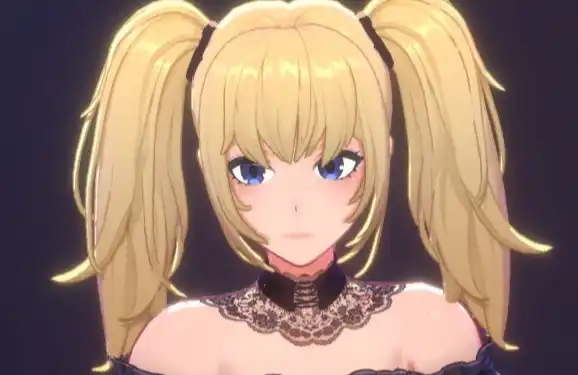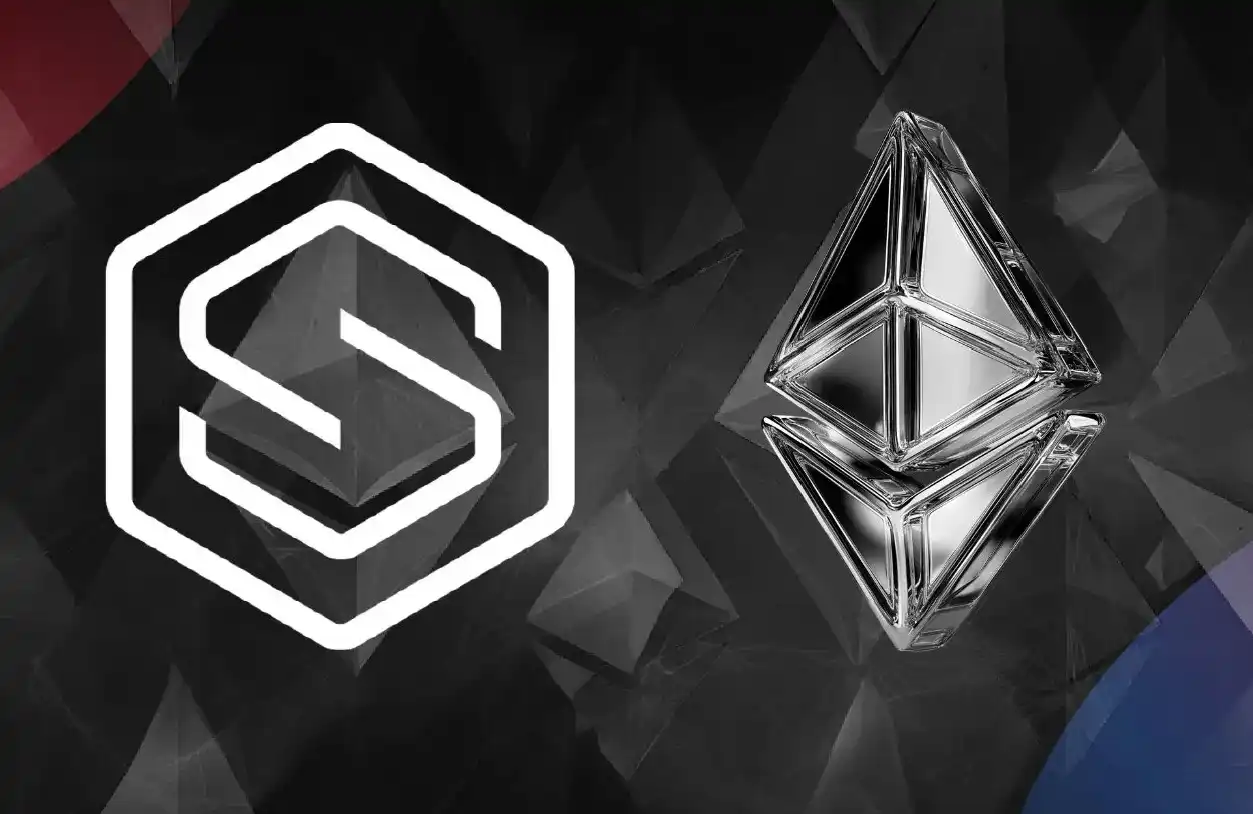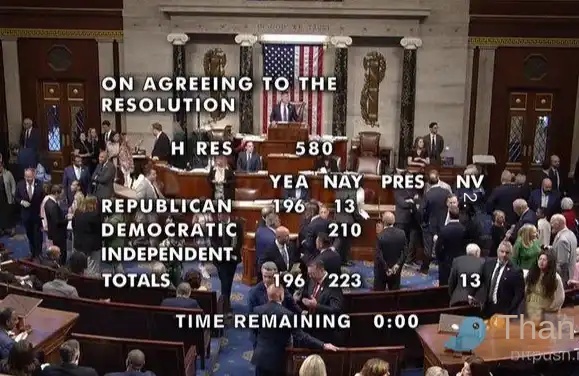The New Yorker: DAO is the latest craze in the crypto industry
By Kyle Chayka& NBSP;
Original title: The Promise of DAOs, The Latest Craze in Crypto
原文编译: 吴说区块链 GaryMa
From Spice DAO to DAO definition and operational architecture
In November, an online group called Spice DAO purchased a "director's Bible," a copy of Alejandro Jodorowsky's Dune. Dune was a 1970s film adaptation that became famous for its unsuccessful distribution. Spice DAO paid nearly $3 million at auction, about 100 times the book's estimated price. DAO stands for "decentralized autonomous organization," an increasingly popular term in the cryptocurrency world that refers to a group of people pooling funds to accomplish a specific task. They're "digital flash MOBS with money," and FWB members told me that in recent months, DAO has been able to rival NFT as the hottest blockchain technology concept. Spice DAO has launched his own cryptocurrency Token called Spice (referring to the mysterious substance in the sci-fi world of Dune) and sold it, raising over $700,000 to buy the book. Soban Saqib, co-founder of DAO, is responsible for the rest. The group's plan is to make its own movie version, with token holders voting on creative decisions. There's just one problem: Owning a vintage art book is not the same as owning dune's intellectual property. The DAO members were given no more permission to make a movie version of Jodorowsky than they were to make the next Marvel superhero movie.
The Spice DAO's half-finished product is just one piece of evidence of the "recklessness" of the cryptocurrency economy. In November, a group called ConstitutionDAO raised $47 million worth of cryptocurrency to bid on one of the 13 surviving original copies of the U.S. Constitution, then lost the auction to Citadel CEO Ken Griffin. Other DaOs have announced plans to buy a golf course (LinksDAO) and an NBA team (Krause House DAO); One company, CityDAO, bought land in Wyoming. But these scare stories reflect only part of the burgeoning DAO phenomenon. By definition,The DAO is a simple business structure, similar to a limited liability company.They typically consist of custom cryptocurrencies as well as online community Spaces, such as chat rooms on the Discord platform.The community has an internal discussion and then votes on the decision using tokens on applications such as SnapshotIt's like choosing a monitor by stuffing a sheet of paper into a cardboard box. The more money you put in, the more paper you get. The PROMISE of the DAO is that an organization's decisions will be made by a broad group of members, not by a small elite on a corporate board. In the Internet, this structure is more promising, creating an ecosystem for digital start-ups outside Silicon Valley.
Risks and changes faced by DAO
The DAO's history began in April 2016, when a group called The DAO launched and raised about $150 million worth of Ethereum in exchange for a Token called DAO. The DAO's goal is to serve as an investment firm that redistributes funds to profitable companies and projects, and the organization's tokens represent votes on where to invest. In theory, profits would flow back to Token holders, similar to stock dividends but outside the regulated market. But in June 2016,Hackers stole about a third of The Dao's money, causing the DAO to crash internally. The following year, The SEC issued an investigation saying tokens like The Dao should face The same regulations as securities.
"A year and a half ago, I had an idea," Aaron Wright, a law professor and co-founder of Tribute Labs, told me.We should restart the DAO in a manner consistent with US law.Tribute supports a network of DAOs, such as Flamingo, which collects NFT art, and Neon, which invests in meta-space assets, including digital fashion pieces and avatars. All members of Tribute's DAO network are accredited investors, and tokens can only be transferred to other members. In total, Tribute's DAOs network raised about $101 million in Ethereum. Supporters of the DAO argue that such groups allow amateurs to participate in organized venture capital. We are witnessing the emergence of this hive of thinking, not the wisdom of crowds, but the wisdom of smaller, carefully curated crowds in games. He sees DAO Capital as an alternative to tech venture capital firms, music executives or Hollywood producers funding new projects, such as companies, albums or blockbusters."
Some independent DAO users are more interested in attracting digital workers with free time and energy than in attracting investors with money to spare. FWB, for example, is an online community powered by a currency of the same name that functions like a digital VIP lounge for creative types. In order to join, you have to buy tokens. Members chat on Discord, attend physical gatherings and work together on projects like an encrypted ticketing app or new drinks. The result is a decentralized brand identity. Shareholders vote to approve codes of conduct, approve monthly budgets and work with other companies. Because blockchain records are transparent, the results of each vote are public. Anwar, FWB's head of "community and culture," describes the group as a "creative incubator" and joining it is "almost like joining a fraternity." If that sounds vague, it's probably the result of a decentralized ethos: It's hard to stick to a mission when no one is making the decisions.
Value creation and economic model of DAO
"You can't create a DAO just to be a DAO," Ethereum co-founder Vitalik Buterin said in a recent interview. "You need a DAO to do something."
But with DAOs like FWB, the ultimate achievement is the community itself, and the community itself faces its own set of challenges. Sarah Moosvi is co-founder of aGENDAdao, an organization that supports transgender and non-binary digital artists who work with blockchain. She told me that the decentralized model was "just as flawed" in some ways as traditional corporate structures. In theory,Workers don't have bosses, but organizations still have to decide who gets rewarded for their work.In Moosvi's words, this is it"Labor rights". If rewards are primarily achieved through internal tokens, similar to the way companies pay tokens, then it can only support those who do not need immediate financial compensation.
Several larger startups have begun experimenting with DAO governance. Last August, SuperRare, an NFT marketplace, sent tokens to users based on their transactions on the platform. The Token is used to select which users can open new storefronts on the platform. Other crypto companies, such as Uniswap, a cryptocurrency exchange, and domain names, eth's Ethereum Name Service, have created their own governance tokens for users. From the user's point of view, Moosvi says,"By trading on your platform and letting you take a percentage of my activity, I expect to get a certain amount in return."
In theory, these governance tokens aren't financial instruments like corporate shares, but that hasn't stopped many users from making a killing on the secondary market.
At present, the symbolic meaning of DAO Token is greater than the actual authority. Most companies still worry about the transfer of digital assets. Still, some people are interested in translating crypto's Internet utopianism into the real world. The Cabin, for example, is a DAO that started out of Austin, Texas, to manage a home. Co-founder Jonathan Hillis previously quit his job at Instacart to build a house in the countryside. He brought some friends to live there, and they came up with the idea of starting a residency program for other tech creators. "We don't want to be a DAO," Hillis told me. "DAO tools are the best tool to do what we want to do."
Cabin created a Token, sold it to crowdfund a budget and allowed the holder to vote on who would get residency. One of the attendees, Julian Weisser, later helped create ConstitutionDAO in the hut. About 280 holders now get to vote on Cabin's future. Hillis describes Cabin as a "decentralized city" that aims to build Spaces around the world and connect them with digital tools. It now has sub-groups, "guilds," that are responsible for the various sub-tasks. Like many DaOs, Cabin still looks a bit like a fantasy, an emerging community looking for an outlet for exploding energy. With any technology, Hillis says, eventually the infrastructure becomes invisible. Ultimately, the DAO framework is more important than what the organization actually does.
Welcome to join the official BlockBeats community:
Telegram Subscription Group: https://t.me/theblockbeats
Telegram Discussion Group: https://t.me/BlockBeats_App
Official Twitter Account: https://twitter.com/BlockBeatsAsia
 Forum
Forum OPRR
OPRR Finance
Finance
 Specials
Specials
 On-chain Eco
On-chain Eco
 Entry
Entry
 Podcasts
Podcasts
 Activities
Activities








